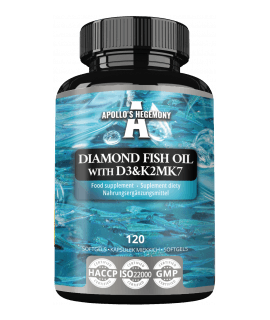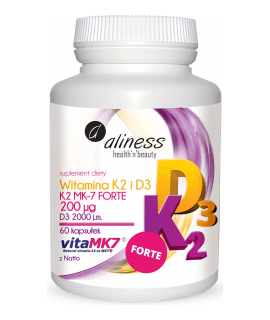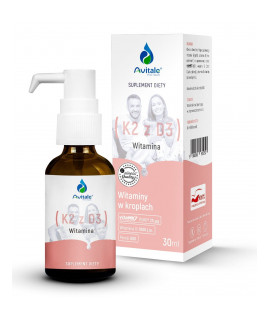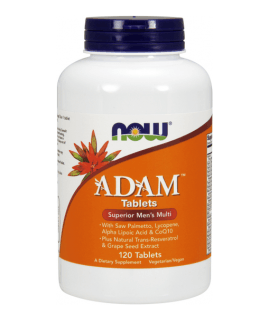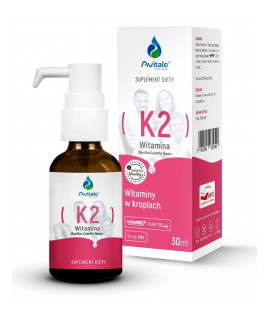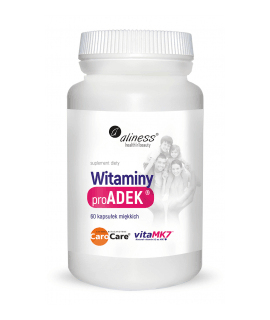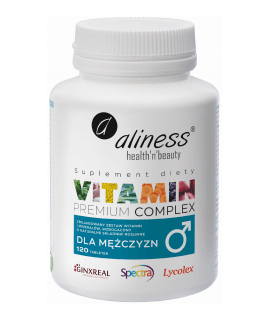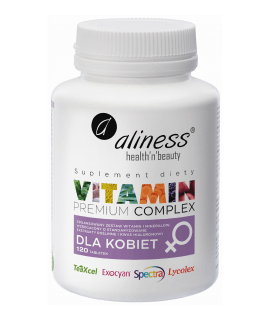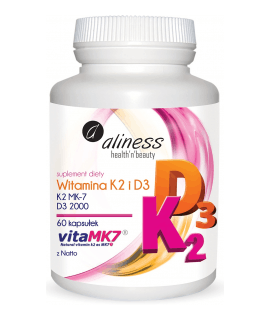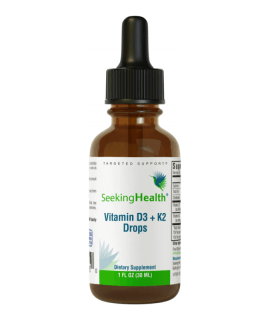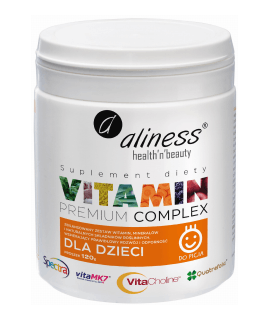Vitamin K exists in the triad of vitamins: menaquinone (vitamin. K1), menadione (vitamin. K2) and menadione (vitamin. K3), soluble in fat. It is produced by bacteria in the human colon. Natural sources of vitamin. K are: eggs, kale, cauliflower, cabbage, meat, milk, lettuce, spinach, fish oil and liver. The synthetic form is administered to newborns, to reduce the sterility of the gastrointestinal tract. Used as a antihaemorrhagic, due to its participation in the process of prothrombin. Increases antibacterial and antifungal immunity. Prevents abundant bleeding during menstruation of women.
Vitamin K deficiency causes external bleeding and ecchymosis on skin, decreased prothrombin synthesis in the liver (especially while taking antibiotics and sulfanilamide).
